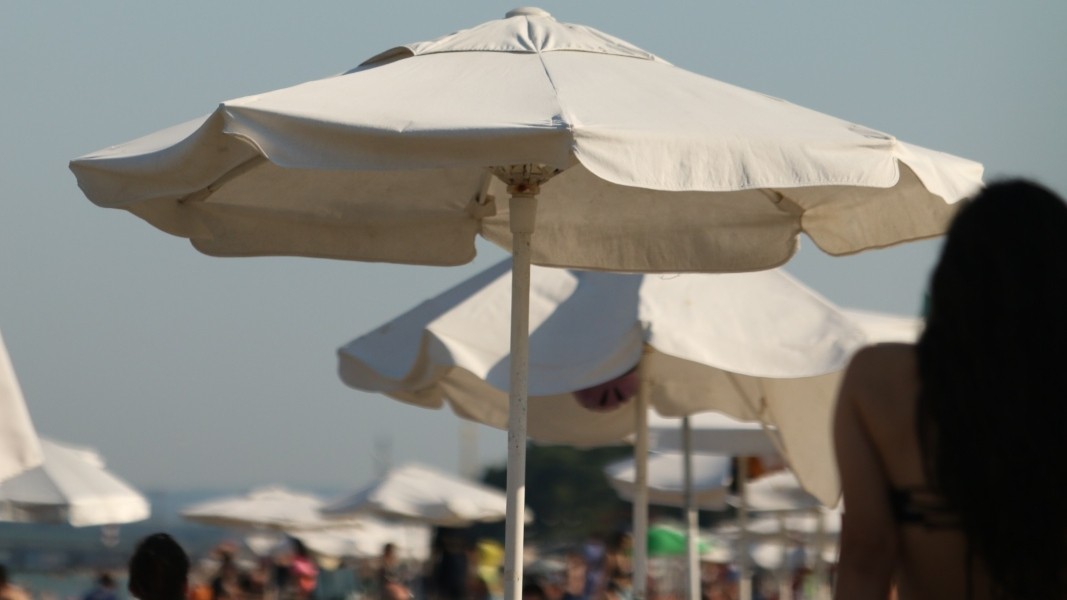One more pandemic year is drawing to a close, as the people working in the tourism industry turn to stocktaking and making plans for the near future, as hazy as it may be. It is true that the pandemic turned our lives and travel plans around completely. But even though nothing seems sure and the rules, connected with the restrictive measures have been changing all the time, the hospitality sector has survived, even reporting a pretty good growth rate. In 2021 Bulgaria welcomed some 40% more tourists than the previous year, Rumen Draganov, Director of the Institute for Analysis and Assessment in Tourism contends. The summer season was successful, with overnight stays by foreign holidaymakers doubling in the country’s seaside resorts. “Still, we stand around 30% below the levels from the pre-pandemic year, 2019,” Rumen Draganov says and adds:
“This is a year that has proved that Bulgarian tourism is capable of sustainability, especially the family businesses, guest houses, the small and corporate hotels. But the sector has also proven its worth in terms of technological renovation. Digitization entered the industry very quickly – bookings, cancellations, direct selling which uses the so-called electronic stores for grocery deliveries etc.”

Rumen Draganov says the introduction of the green certificate at an opportune time for tourism – at the end of October when the season on the Black Sea coast was over but the winter resorts were not yet open to ski tourism, has been an appropriate measure. To some degree it makes things predictable and is already yielding good results, judging by the bookings at Bulgaria’s winter resorts for the current ski season.

According to a national survey by the Bulgarian Association of Hotel Executives, however, 14% of hotel operators regard the introduction of the green certificate as a serious impediment in their businesses in 2021, and one-third state that the biggest challenges during the year have been staff shortages and the soaring electricity prices.
Moreover, due to the travel restrictions, the industry has been relying mostly on Bulgarian tourists for the second year running, and Bulgarian tourists have taken to hotels and most of all family guest houses close to nature and have shunned big resorts.

“Especially in July and August we saw a heightened interest in cultural and historical sites,” says Darya Zarichinova from the ReMark Tour Club, whose members are tourist site operators from four municipalities in and around the Balkan Range, specialized in adventure and ecotourism.
“On the one hand we are glad to see that the pandemic kept a large percentage of Bulgarian tourists inside Bulgaria. They have been displaying a definite interest in unfamiliar locations, not just hotels and restaurants but natural and cultural sites as well. And I am filled with hope that the region has been able to meet the higher requirements. As usual, October and November have not been so good tourism-wise, but the general picture gives us cause to expect a good ending to 2021,” Darya Zarichinova says.
Photos: BGNES
The tourism sector in Bulgaria has been growing in recent years, both in the summer and winter seasons. According to data from the relevant ministry, by the beginning of October, Bulgarian citizens who visited tourist destinations in the country were 1..
The Rhodope narrow-gauge railway is one of the world’s most scenic autumn train journeys, according to an international survey by the British JR Pass tourist platform. The Rhodope Caterpillar - the train that crosses mountains and time..
An ancient water clock known as clepsydra, restored according to ancient models, has been unveiled on the top of Sahat Tepe Hill in Plovdiv . The only clock of this type installed outdoors in Bulgaria has become the city's newest attraction. The..

+359 2 9336 661
